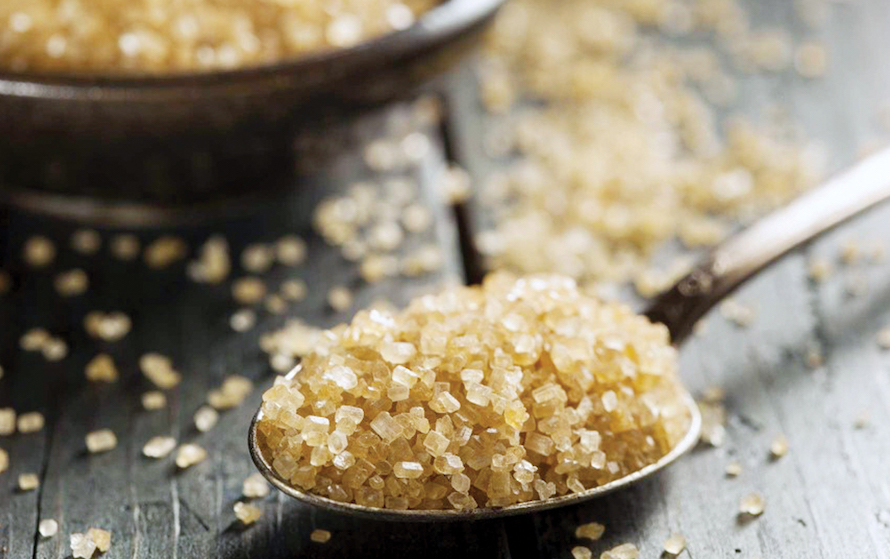Cannabis legalization finally is beginning to expand across the United States through powerful lobbying efforts, medical research, and product innovation as more individuals around the country discover the plant’s versatility and vast health benefits. In particular, cannabidiol (CBD) has found its way to the forefront of the national dialogue, with the current body of research supporting the cannabinoid’s potential to relieve everything from anxiety and insomnia to chronic pain and inflammation.
Many companies in the cannabis space are beginning to make important breakthroughs in terms of controlled dosing, leveraging safer and more effective delivery technologies. During an age of progress and advancement, it is crucial the edibles sector steps up to the plate to develop faster-acting and more predictable offerings—with recipes specifically containing CBD—that will contribute to the continued de-stigmatization of the plant, helping new demographics of consumers find cannabis more approachable.
As a chef, I see every day the joy people experience when sitting down for a comforting, wonderful-tasting meal. Now, imagine that wonderful-tasting food carried with it the ability to alleviate migraines, depression, epilepsy, or other debilitating conditions that can rob people of their joy and quality of life. Imagine we gave cannabis a place at the dinner table, offering a high-quality culinary experience that is reliable, consistent, and familiar.
This is the future of CBD.
This is where we, as an industry, are heading.
From veterans suffering post-traumatic stress disorder to senior citizens struggling with arthritis, CBD has the potential to reach new populations of people we once might not have pegged as typical cannabis consumers. These are the demographics that have so much to gain from receiving consistent doses of high-quality CBD products, and they are the ones in need of resources that will allow them to find and experience those benefits without fear. Equipped with a fast-acting edible that easily can be incorporated into their daily routine, along with a solid foundation of knowledge surrounding the applications of CBD, these individuals will be able to find the solution they’ve long sought—without harmful side effects associated with potentially addictive pharmaceutical medications.
CBD and THC (scientifically, tetrahydrocannabinol) are undoubtedly the most commonly used compounds found within the cannabis plant. While THC is psychoactive, its cousin, CBD, is not. The first step to introducing new demographics to cannabis as medicine is educating about what CBD is, its myriad benefits, and why it is lauded by many as the “penicillin of the twenty-first century.” For those skeptical of getting “high,” it must be made abundantly clear that CBD will not produce any feelings of euphoria.
In addition, it is essential to educate consumers about where their CBD should be derived from, so they can avoid synthetic CBD oils or those ridden with toxins and unwanted byproducts. We must strive to use only CBD that is natural, clean, and reliably sourced, and then ensure the CBD is incorporated into edibles that are themselves natural and clean, with flavors people will want to eat. Only then will we elevate the experience to one that is not only enjoyable, but also highly sophisticated.
Further, it is vital to teach new consumers about the importance of micro-dosing, and how less truly is more when trying cannabis for the first time. Once consumers determine their ideal minimum effective dose, we must ensure this ritual is replicable with our products—meaning the dosage must be exact and precise, with the same amount of CBD in every serving, so consumers know exactly what they are getting each time. Part of achieving this outcome is developing and formulating products that are highly bioavailable and fast-acting, so consumers are not waiting and wondering when the product will take effect, and then taking too much, too soon as a result (a tale as old as time in the edibles world). Together, these factors establish widespread understanding and consumer trust, which are paramount for bringing new demographics on board in an industry marked by a long history of controversy and fear.
By addressing misconceptions and offering top-of-the-line solutions to problems that historically have plagued the edibles sector—such as inconsistency and unpredictability—it is possible to make superior CBD-infused culinary goods widely accepted and broadly available. Let’s take out the guesswork and confusion and replace it with approachability and, most importantly, trust.
In addition to his role at Azuca, Ron Silver also is chef and owner of Bubby’s, a restaurant and pie shop with two locations in Manhattan and seven in Tokyo. He developed a technology that wraps cannabis molecules in a membrane, making them more water-soluble and therefore faster-acting, more bioavailable, and more predictable. Pursuing his mission to give cannabis a place at the dinner table, Silver set out to create products that could be the building blocks of the ultimate cannabis-culinary experience. He is the author of two cookbooks, Bubby’s Homemade Pies and Bubby’s Brunch Cookbook.

